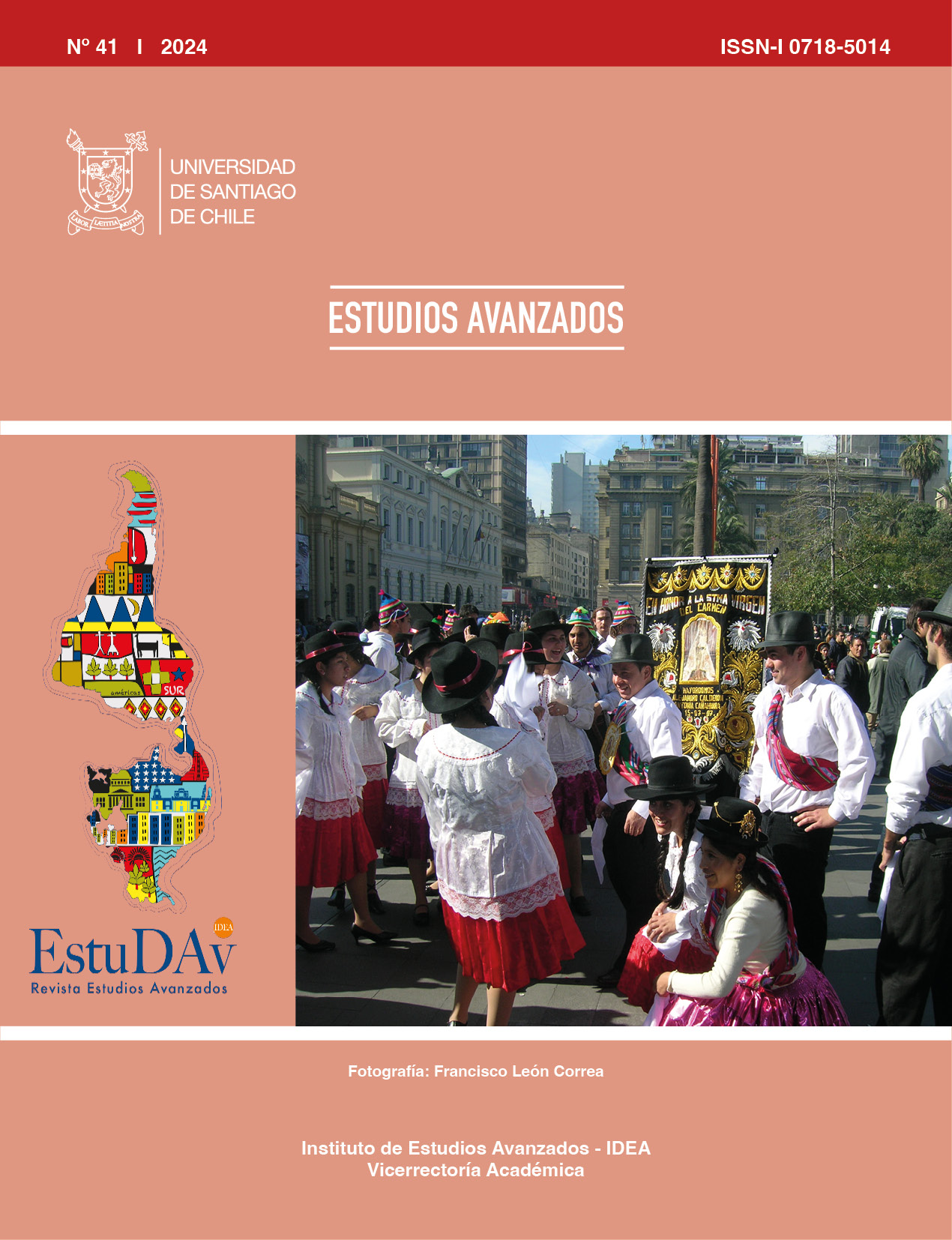The Importance of the Fundamental Right to Work for the Social Inclusion of Persons with Disabilities in Brazil
DOI:
https://doi.org/10.35588/e9yw4a85Keywords:
dignity of human person, social inclusion, fundamental right to work, person with disabilityAbstract
The importance of the fundamental right to work for people with disabilities is examined, based on the Brazilian social reality, but whose conclusions can be adjusted to other regions of the continent, given that the exercise of a paid professional activity is an instrument that helps in the development of autonomy and in guaranteeing access to material goods necessary for the enjoyment of a minimally dignified life for all people with disabilities, regardless of nationality, highlighting the concept of person with disabilities provided for in article 1 of the International Convention on Rights of People with Disabilities. Methodologically, the research is characterized by being bibliographic inductive, combining the survey of theoretical references with the foundation of hypotheses and deductions that emerged throughout its development. As for the objective, it consists of understanding and explaining that the existence of normative acts, in itself, is not sufficient, and the State, in conjunction with civil society organizations, must promote the necessary efforts to realize the right to work for people with disabilities, so that they actively participate in social relations, corresponding, therefore, to the requirement of a pluralistic society in which differences must be celebrated.
Downloads
References
Alarcón, P.J.L. (2004). Patrimônio genético humano e sua proteção na Constituição Federal de 1988. Método.
Alcântara, R.E.C.A. e Sousa, M.T.C. (2023). A manutenção dos critérios definidores de deficiência mental no decreto número 3.298/99 enquanto violação de direitos humanos das pessoas com deficiência no Brasil: O paradigma biopsicossocial e a atualização dos standards científicos de enquadramento da deficiência intelectual. Revista Direitos e Garantias Fundamentais, 24(3), 245-271. https://doi.org/10.18759/rdgf.v24i3.2292
Antonioli, C. e Eisenberg, Z. (2023). A autonomia da pessoa com deficiência intelectual: uma revisão de literatura. Revista Educação Especial, 36(1), e40. https://doi.org/10.5902/1984686X68742
Baracat, E.M. (2020). Trabalho da pessoa com deficiência: Estudo sobre a exclusão e inclusão social. Juruá.
Instituto Brasileiro de Geografia e Estatística (IBGE) (2022). Pesquisa nacional por amostra de domicílios contínua: Pessoas com deficiência. Instituto Brasileiro de Geografia e Estatística. https://agenciadenoticias.ibge.gov.br/media/com_mediaibge/arquivos/0a9afaed04d79830f73a16136dba23b9.pdf
Jucá, F.P., Knoerr, F.G. e Monteschio, H. (2018). Direitos humanos e inclusão social. Revista Jurídica, 3(52), 478-507.
Leite, F.M. (2019). Mercado de trabalho e pessoas com deficiência: Desafios à inclusão. Lumen Juris.
Madruga, S. (2021). Pessoas com deficiência e direitos humanos: Ótica da diferença e ações afirmativas. Saraiva Educação.
Ribeiro, L.L.G (2010). Manual de direitos da pessoa com deficiência. Verbatim.
Silva, J.A. (2016). Curso de direito constitucional positivo. Malheiros.
Supremo Tribunal Federal (2014). Argüição de Descumprimento de Preceito Fundamental: ADPF 186 DF. Jusbrasil. https://www.jusbrasil.com.br/jurisprudencia/stf/25342750
____. (2013). Recurso Extraordinário com Agravo ARE 665381 RJ. https://www.jusbrasil.com.br/jurisprudencia/stf/23889977
Downloads
Submitted
2024-11-29Published
Issue
Section
License
Copyright (c) 2024 Bruno César Antunes Maranho

This work is licensed under a Creative Commons Attribution 4.0 International License.










